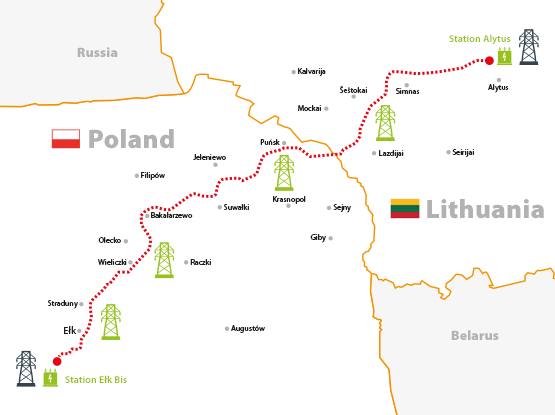Baltic PMs Slam Nord Stream 2, Disagree about LNG
Four Baltic prime ministers meeting in the Estonian capital Tallinn on May 8 jointly voiced their strong opposition to the Gazprom-led Nord Stream 2 pipeline, reached a preliminary agreement about the region’s power grids, but failed to agree about a possible LNG project in Estonia.
The four PMs reiterated their view that the planned second Nord Stream gas pipeline under the Baltic Sea is a political project.
“We believe that this is not just an economic, commercial project. This project can have a negative impact on the gas market of the European Union and I have reaffirmed the Lithuanian position,” said Lithuanian PM Saulius Skvernelis quoted by Baltic media.
Polish PM Beata Szydlo, quoted by the Latvian information agency, said: “I took the opportunity to thank the prime ministers of Lithuania and Latvia for joining Poland in its claim in Opal. We always underline very strongly that it's a political project.”
Estonian PM Juri Ratas reiterated his view that a planned LNG import terminal at Paldiski, 50km from Tallinn, would be idea as a regional LNG facility, despite the EU’s refusal this year to back it financially. But Lithuania insisted its existing floating LNG import facility in Klaipeda opened in 2014 already serves the region, whilst Latvia said it would like to develop its own facility near its capital Riga.
Poland already has one LNG terminal operating and is considering the development of a second one, while Finland has opened one at Pori. Many think that is enough LNG import capacity for the Baltic region, given existing and planned gas pipeline links.
“The Estonians and the Latvians do not want to deal with the reality; Klaipeda’s LNG terminal suits all the descriptions of a regional LNG terminal,” Lithuania’s former energy minister Arvydas Sekmokas told NGW: “I personally think Estonia will never build its own LNG terminal.

The LitPol Link power interconnector (Map credit: LitPol Link)
The four PMs did however reached a tentative agreement about synchronising the power grids of Lithuania, Latvia and Estonia with the rest of Europe via the current Lithuania-Poland interconnector, LitPol Link, which started operating in 2015 and may now have its capacity increased.
Linas Jegelevicius



